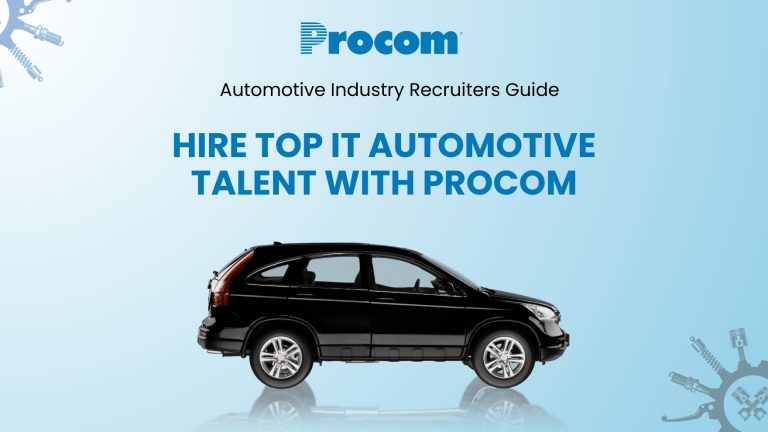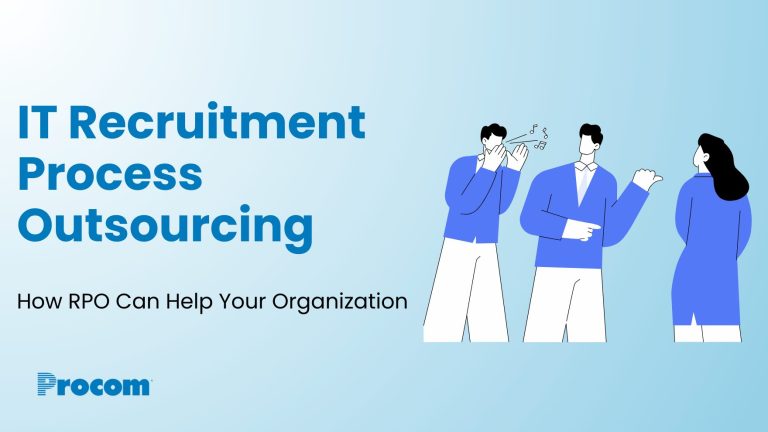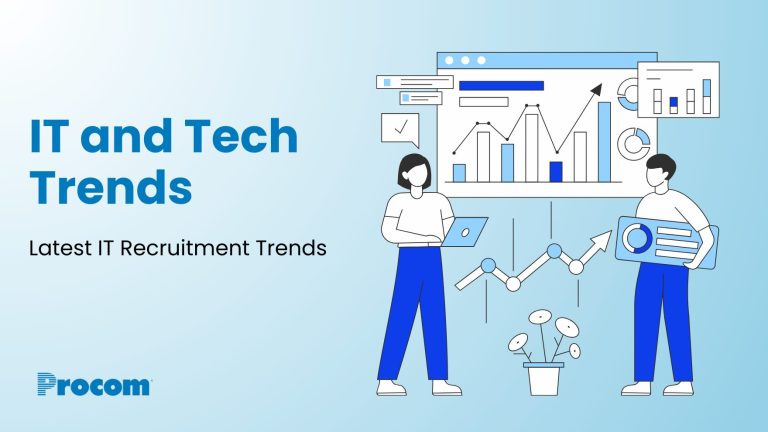In the New World of Work, recruiters and hiring managers must rely on a mix of traditional job interview questions and re-imagined questions in order to qualify talent and demonstrate culture.
Job interviews were traditionally a game played on the organization’s home court. Now, however, the playing field has been levelled. With talent driving the market, the hiring process needs to be adapted; it’s critical for organizations to not only screen candidates for the right fit, but also position themselves as the right fit for candidates.
If you’re responsible for talent acquisition within your organization, the following information will break down the different types of questions organizations can leverage to demonstrate culture while screening talent.
Types of job qualifying interview questions
To ensure an in-depth understanding of the candidate’s ability to excel in the opportunities, interview questions should involve a mix of:
- Skills-based questions
- Behavior-based questions
- Out-of-the-box questions
Skills-based questions
These traditional interview questions assess the candidate’s skills and experience to see how their past qualifications could help them succeed at the organization’s opportunity. Some examples include:
- What kind of teams have you managed before?
- What are your greatest strengths and weaknesses?
- Tell us about your experience on [x project] from conception to launch.
Behavior-based questions
These interview questions assess the candidate’s approach to work, typically by inquiring about past experiences to see how they apply their soft skills to problem-solving. The STAR approach (Situation / Task / Action / Result) is a popular methodology for behavioral questions. Some examples include:
- Tell me about a time you handled conflict in a team you led.
- Describe a time when you implemented a new procedure to solve a problem.
- Have you had to handle an angry customer before? How did you diffuse the situation and resolve their complaint?
Out-of-the-box questions
These non-traditional interview questions are emerging as successful qualifiers, especially as organizations expand their candidate scope to include talent with adjacent rather than direct experience. These interview questions demonstrate candidates’ critical thinking, creativity and strategy skills. These questions often indirectly corroborate candidates’ skills and behavioral responses. Some examples include:
- Analyzing and presenting case studies.
- Solving puzzles, riddles and number games.
- Presentations: particularly for sales and marketing roles.
- Role-playing hypothetical situations the candidate would encounter on the job.
Choosing the right mix of interview questions
There isn’t a magic formula for putting together an interview script that combines the ideal number of each question type. Finding the right mix depends on:
- Job description.
- Hiring manager leadership style.
- Role seniority level.
- Niche skill set required.
Don’t forget to incorporate a minimum of 3 compelling reasons why the candidate should want to join your organization in the initial interview.
Crafting questions with additional considerations
The Great Resignation and Reshuffle, new work models, emerging return to the office strategies, and a renewed focus on DEI are helping to reshape additional questions that will help find the right fit. These considerations include:
1. Communication
Remote, Work-from-Anywhere and hybrid work models compel organizations to ensure that candidates are agile communicators that can collaborate across different platforms
ASK: Describe a scenario where you were required to collaborate with team members both in person and participating online. How did you ensure engagement and that messages were successfully received?
2. Work Preferences
As more and more organizations are rolling out their return to office strategies and work models, it’s important to discover if worker preferences are in alignment with what the organization is trying to build.
ASK: Are you willing to come into the physical office or do you prefer 100% remote work?
3. Shared values and beliefs
Today’s talent care about the causes they’re passionate about – and they want an employer that shares the same beliefs. This is essential to building a culture that is sustainable.
ASK: What are some causes that matter to you and how can you see this company contributing to these causes in a meaningful way?
4. DEI
As Diversity, Equity and Inclusion becomes a greater priority for workers, it’s important to demonstrate that that DEI is a central focus and that the organization is looking for candidates who share the same principles. Rather than asking DEI questions, however, highlight how leadership ensures core pillars are demonstrated within the organization.
The recruitment landscape has changed
For many HR professionals around the globe, 2021 was a year of reactive solutions to overcoming new hiring challenges presented by the pandemic. As the workforce and talent priorities continue to evolve in a labor market that’s more competitive than ever, the time is now for organizations to re-imagine how and where they acquire and retain talent.
Organizations must adopt a more strategic approach to the entire interview lifecycle—from job posting to further rounds. Modern hiring teams should craft thoughtful pre screening interview questions that not only evaluate a candidate’s capability but also uncover their career goals, interpersonal skills, and potential for professional growth. Clear communication around salary expectations, growth opportunities, and what success looks like in the role will elevate employee engagement and help hiring teams make more informed decisions about who moves on to the next interview.
While applicant tracking systems can filter the applicant pool, it’s the quality of phone interviews, customized screening questions, and a well-structured first interview that truly drive better hiring outcomes.
That’s where a recruitment partner like Procom makes the difference. With deep expertise across industries and a proven ability to match organizations with qualified, culturally aligned professionals, we help you meet hiring challenges head-on.





